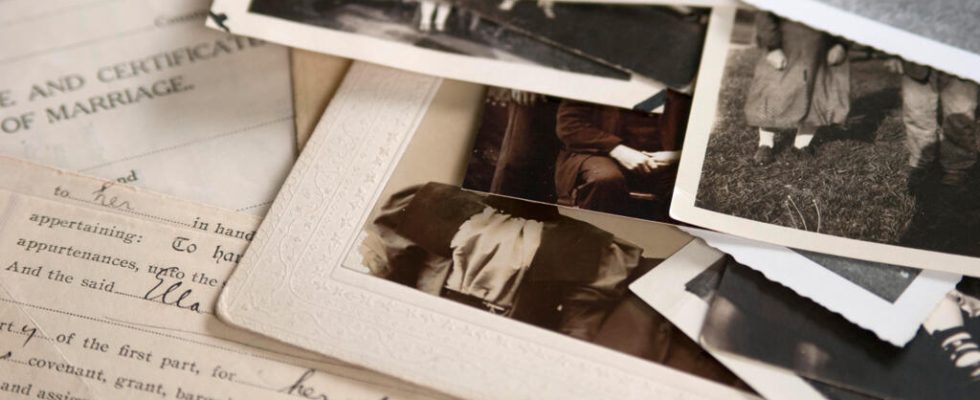In Mayotte, Reunion Island, Guyana, Guadeloupe and Martinique, millions of women and men lived as slaves for 213 years. Today, to build a peaceful memory around this crime against humanity, the CM98 memorial association organizes genealogy workshops for people of West Indian origin who would like to find their slave ancestors.
Lina sits in front of a large white sheet made up of around twenty boxes. At the bottom, she wrote the name of her dad, a man born in Marie-Galante, in Guadeloupe, and who never spoke to her about his grandparents.
“ It interests me to know the lives of the ancients, to put not faces, but names. I learn some interesting things, that they were slaves then free. I didn’t know there were numbers too. I didn’t know all that… », she notes.
Also listenGenealogy: searching for the names of your slave ancestors
In the mazes of digital archives
In her research, she is accompanied by Evelyne, from the CM98 association. On the screen of a tablet, the two women navigate through the digitized archives. Birth, marriage or death certificates drawn up more than a hundred years ago are now accessible to everyone.
“ It was relatively simple, because these are people from Saint-Louis, from Marie-Galante and who haven’t moved much. So that makes it easier when it’s not in the same town. There, for the moment, we go back to a person who was born in 1797. It is very complicated to be able to go further, but we will get to it. »
One case in particular catches Lina’s attention: that of her great-great-grandmother, Mathurine, a servant born a slave: “ She questions me, this woman. She was emancipated at 61, she had five children whom she redeemed “, she says. “ That means that she did a lot of things for the master so that he freed her at 61, that she was his companion, or maybe, I don’t know, she did really good things. services, what. What’s annoying is that we can’t trace it back to African origin… »
Read alsoGenealogy workshops to find your slave ancestors
Colossal data compilation
An impossible task? Evelyne is not as categorical: “ I wouldn’t say it’s impossible. Most of us can’t go back at all since slavery lasted for several centuries. And when he took them miles away and made them walk for days and days to get to the coast, it wasn’t their problem to know where they came from, these people », underlines Evelyne.
Behind these workshops lies colossal data compilation work. The CM98 association also has its own base, called Anchoukagewhich lists all the surnames given to the second abolition of slavery in 1848. To go even further, the association is now looking at notarial deeds, documents on which the owners’ purchases appeared, since the slaves had, at the time of the “black code”, the status of furniture.
